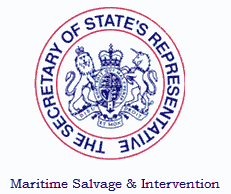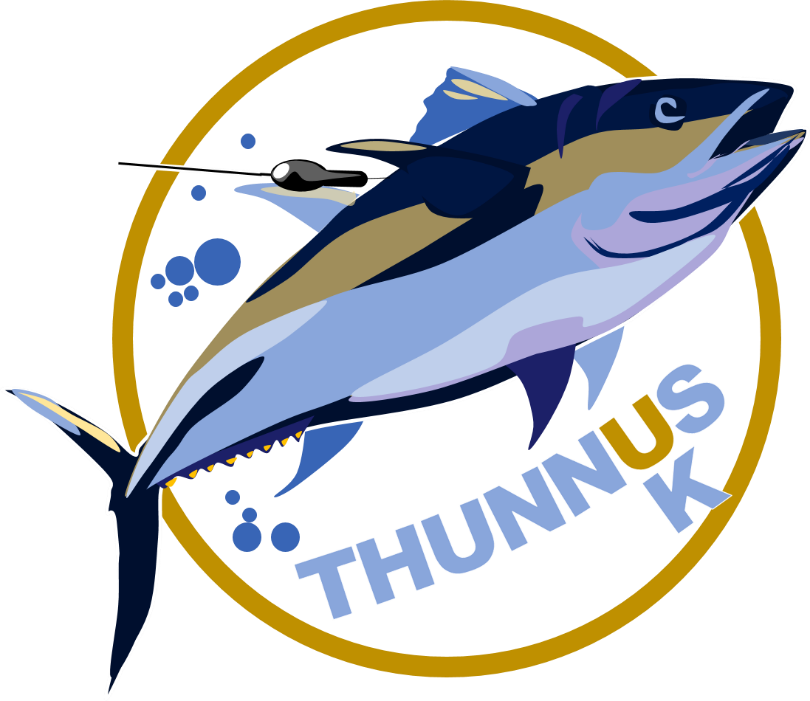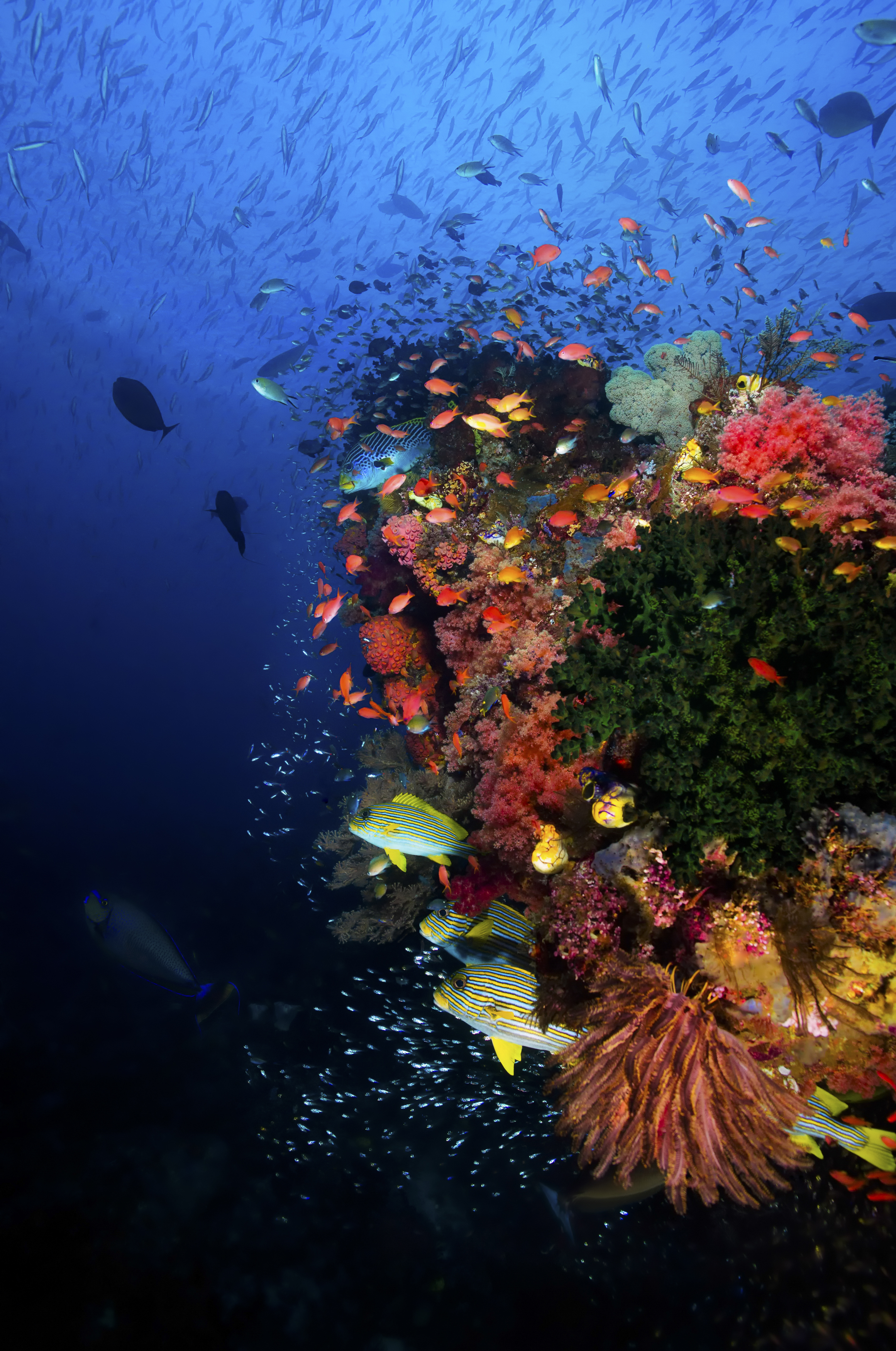The SOSREP Joins Premiam
9 March 2012
The Premiam partners are very pleased to announce that the SOSREP (Secretary of States Representative for Marine Salvage and Intervention) has recently become an official partner in the Premiam initiative.
The current incumbent is Hugh Shaw and his involvement will help to ensure that the guidance, practice and principles being developed as part of Premiam will directly help and inform the essential decisions that he has to make during marine spill incidents.
This now takes the number of Premiam partners to 20 and covers all the key government departments and agencies across the UK. For information of the specific role of the SOSREP please see below:

 Role and Responsibilities
Role and Responsibilities
The role of the SOSREP is to represent the Secretaries of State for the Department for Transport (in relation to ships) and for the Department of Energy and Climate Change (in relations to offshore installations) by removing or reducing the risk to safety, property and the UK environment arising from accidents involving ships, fixed or floating platforms or sub-sea infrastructure. SOSREP's powers extend to UK territorial waters (12 nautical miles from the coast/baseline) for safety issues and to the UK Pollution Control Zone (200 miles or the median line with neighbouring states) for pollution. SOSREP is empowered to make crucial and often time-critical decisions, without delay and without recourse to higher authority, where such decisions are in the overriding UK public interest.
Working closely with the MCA, its parent organisation the Department for Transport (DfT) and the Department of Energy and Climate Change (DECC), SOSREP's key responsibilities include:
- acting at the earliest point during a shipping or offshore incident to assess the risk to safety, to prompt the end of any such incident and to ensure that increasing risk is evaluated and appropriate measures taken to prevent or respond to escalation;
- monitoring all response measures to significant incidents involving shipping and the offshore industry;
- if necessary, exercising ultimate control by implementing the powers of intervention, acting in the overriding interests of the UK and its environment;
- participating in major national and international exercises;
- reviewing all activities after significant incidents and exercises.

